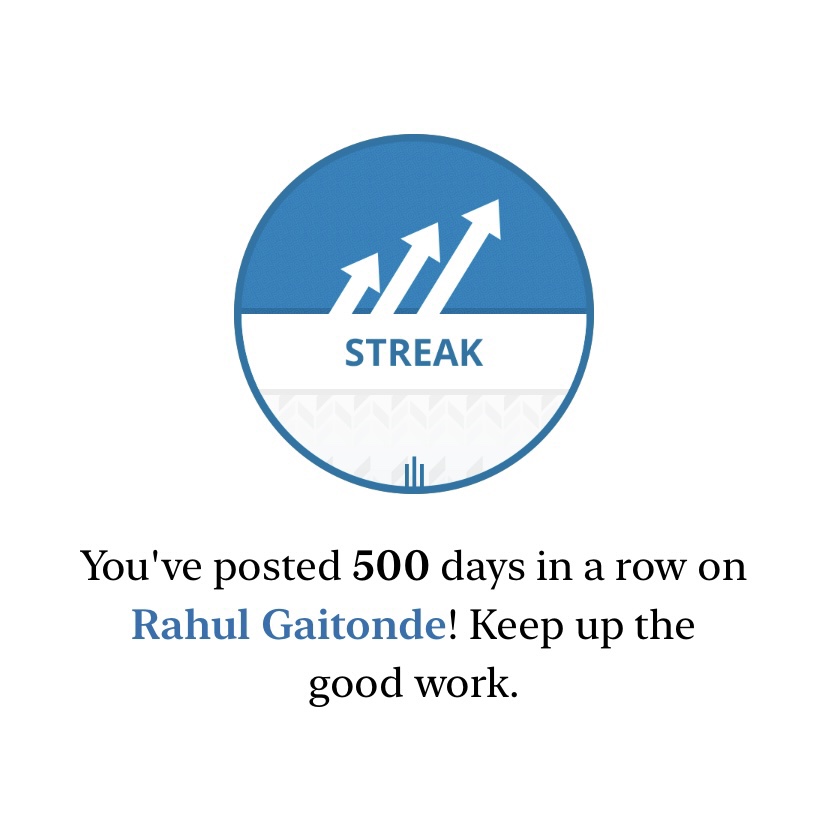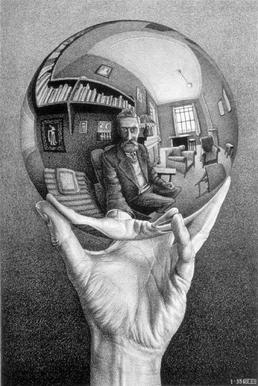The Mighty browser, recently unveiled, “lets you have more tabs while taking 10x less memory” because it “streams your browser from a powerful computer in the cloud”.
Mighty designed a custom server to “keep costs low,” built a low-latency networking protocol, and forked Chromium to “integrate directly with various low-level render/encoder pipelines.”…
Each browser instance is powered by “16 vCPUs” running on dual Intel Xeon processors that clock up to 4GHz, Nvidia GPUs, and 16GB of RAM.
This cloud implementation is said to let you load anywhere from “50+” to “hundreds of tabs without it stalling, freezing, and slowing down your computer
This reminds me of the Opera Mini browser I used to use on my Nokia N series phones. It pre-rendered web pages on a server before sending a compressed end result to my phone:
Unlike straightforward web browsers, Opera Mini fetches all content through a proxy server, renders it using the Presto layout engine, and reformats web pages into a format more suitable for small screens.
A page is compressed, then delivered to the phone in a markup language called Opera Binary Markup Language (OBML), which Opera Mini can interpret.
According to Opera Software, the data compression makes transfer time about two to three times faster,[29] and the pre-processing improves the display of web pages not designed for small screens.
As someone who uses ten year old laptops as my daily machines, I also can’t help but agree with this:






